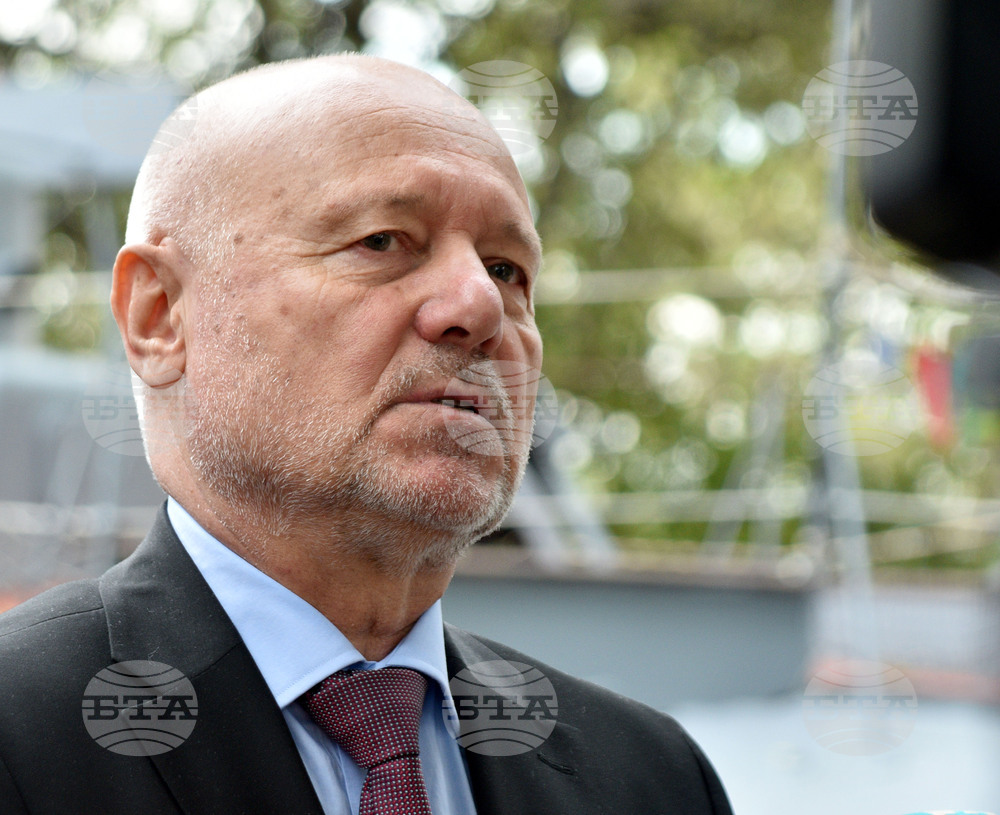site.btaDefence Minister: We Are Strictly Following Plan to Increase Defence Spending to 2% of GPD in 2024


Defence Minister Todor Tagarev said that a 2018 plan for an increase in defence spending is being strictly followed and Bulgaria will be able to reach 2% of GDP in 2024. "This is already considered a bare minimum, and not a target, to ensure defence capabilities in the current security environment," he said in TV’s morning show on Friday.
"Romania has already reached 2.5% of GDP, the Baltic states have more than that. Poland is already exceeding 4%," he said. "Romania has already started receiving some of the second-hand F-16 fighter jets from Norway - 32 units, and very soon it will have 40 second-hand F-16 fighters. Romania is already on the way to acquire F-35s," Tagarev said.
The Minister added that the envisaged expenditure will serve to build capabilities that will guarantee security "in the best possible way". "No matter how much countries like Bulgaria, Romania and Poland spend [for defence], we always rely on allied capabilities as well. Deterring a potential aggressor is the guiding policy," Tagarev noted.
"With these 2%, we will modernize a substantial part of the Bulgarian army so that it can act together with our allies when necessary," he said. Tagarev recalled that the acquisition of Stryker combat vehicles is yet to be ratified by the National Assembly. "This will be the third major project for the Land Forces, which are the backbone of our Armed Forces," the Minister said, adding that the investment programme adopted by the Council of Ministers gives priority to 3D radars, air and missile defence systems, and coastal anti-ship complexes.
Tagarev also commented on why Russian Foreign Minister Sergey Lavrov’s plane flew over Turkiye and Greece, and not Bulgaria, en route to Skopje, North Macedonia. "The Bulgarian Government, and the Foreign Ministry in particular, acted on principle in this case. It granted permission to Sergey Lavrov as the head of a delegation headed to an international organization’s meeting in Skopje, but not to other sanctioned persons. When it became clear that other such persons were on board the plane, the overflight was not permitted," Tagarev said. He added that decisions on overflights are national and are made with international rules in mind, “taking into account the sanctions regime in this case”.
/IV/
news.modal.header
news.modal.text